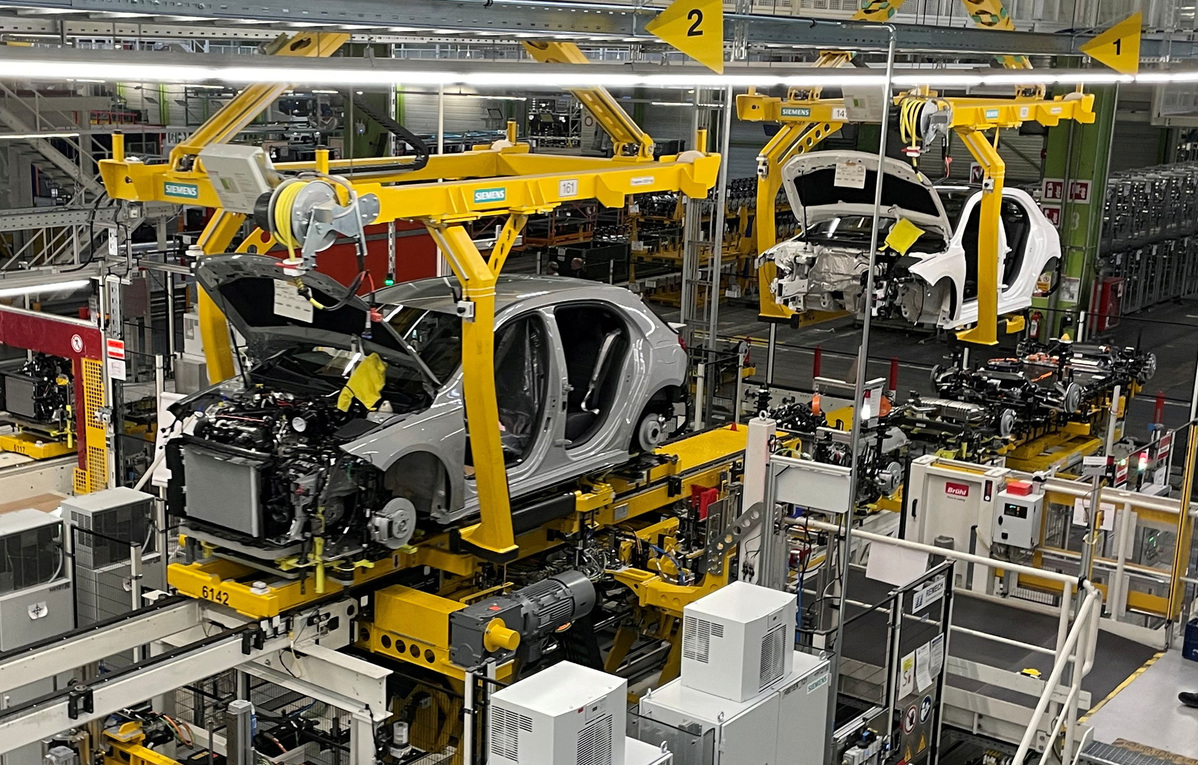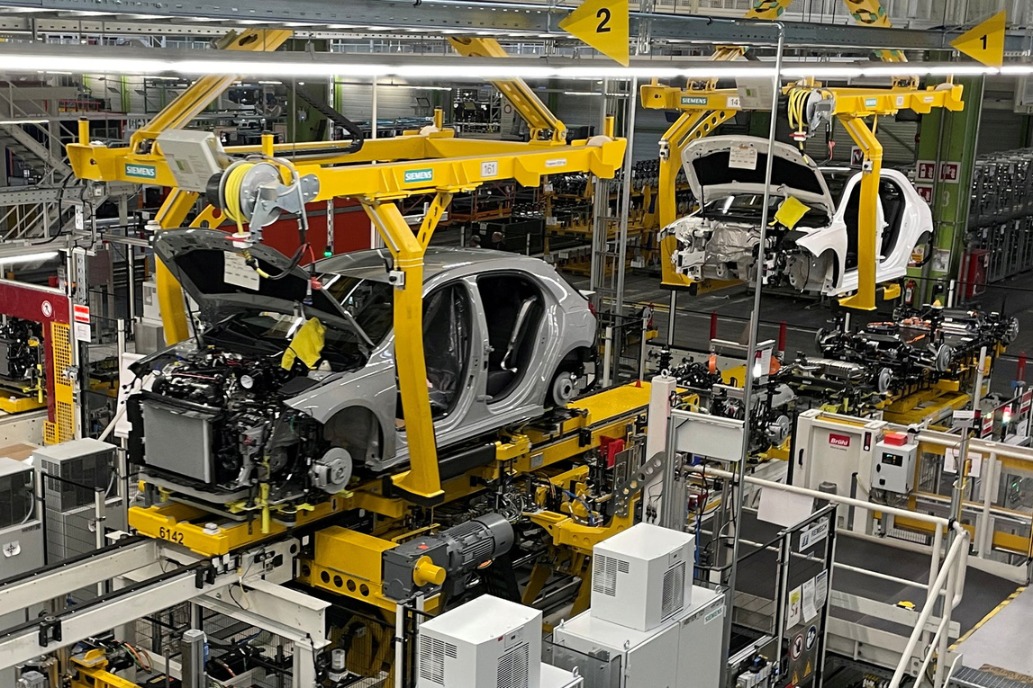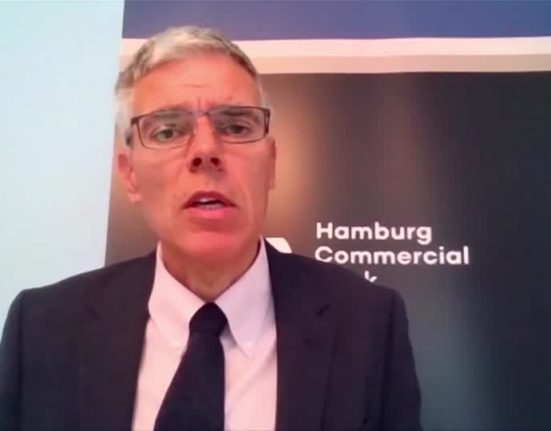
BERLIN – Germany”s government and top corporate leaders on Monday launched a sweeping investment initiative aimed at reviving Europe’s largest economy, which has faced prolonged stagnation. But the ambitious plan has met with skepticism, as business leaders warn that meaningful investment depends on long-overdue structural reforms.
The initiative, dubbed “Made for Germany”, was announced at a business summit attended by German Chancellor Friedrich Merz and executives from leading German and international companies.
The plan envisions 631 billion euros ($738 billion) investment through 2028, including already announced projects, and targets key areas such as manufacturing facilities, research and development, and national infrastructure.
Alexander Geiser, CEO of communications consultancy FGS Global and a co-initiator of the effort, stated on LinkedIn that over 100 billion euros of the total will come from new capital. However, no further details were disclosed.
So far, 61 companies from various sectors have joined the initiative. Alongside founding firms such as Siemens and Deutsche Bank, the list includes BMW, Mercedes-Benz, Volkswagen, Allianz, Airbus, Nvidia, and several high-tech startups.
“This is one of the largest investment initiatives we have seen in decades,” Merz said, adding that private capital could play a vital role in bolstering public investment.
Germany’s economy has contracted for two consecutive years and may shrink again in 2025. A lack of public investment for years and a sharp industrial slowdown have worsened the outlook. Business confidence has also declined under the previous government’s inconsistent economic policies, causing many companies to hold back on capital spending.
In May, the Merz administration announced a separate 500-billion-euro fund aimed at infrastructure development and climate-related projects. It is widely seen as a potential attempt to revive Germany’s sluggish investment climate.
Rebuilding Germany’s industrial standing through advanced technologies has also become a top policy priority. A draft of the government’s new Hightech-Agenda unveiled last week outlines investments in artificial intelligence (AI), quantum computing, and climate-neutral energy as key elements of a renewed “Made in Germany” identity.
According to the draft, the government plans to build at least three semiconductor plants in Germany, aiming to eventually establish the country as Europe’s leading chip production hub. In addition, it targets having AI contribute 10 percent of Germany’s GDP by 2030.
At Monday’s summit, Merz also said the initiative aligns with broader goals of digital transformation and technological innovation. Siemens CEO Roland Busch called it “a new form of cooperation between business and politics”.
Julia Braune, head of Germany’s trade and investment agency GTAI, added that the plan sends a strong message that public and private sectors are working together to reignite economic growth.
Still, critics argue that without concrete reforms, the initiative risks being little more than a publicity campaign. Some politicians and economists have questioned the feasibility of fulfilling the investment ambition.
As Germany looks to reclaim its role as an industrial and innovation powerhouse, the success of “Made for Germany” may depend less on the billions pledged than on Berlin’s willingness to deliver long-promised reforms.
Clemens Fuest, president of the ifo Institute, said that publicity alone is not enough. “We need fundamental reforms,” he warned, urging the government to reduce bureaucracy and lower taxes. Currently, Germany’s investment levels remain 5 percent below their 2019 benchmark.







